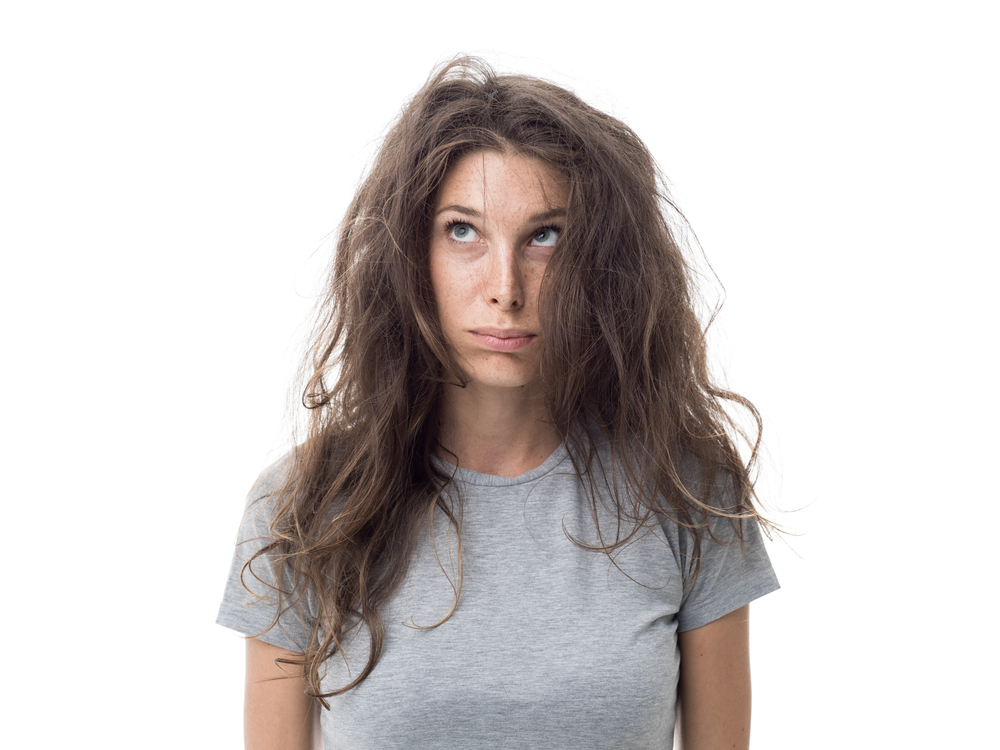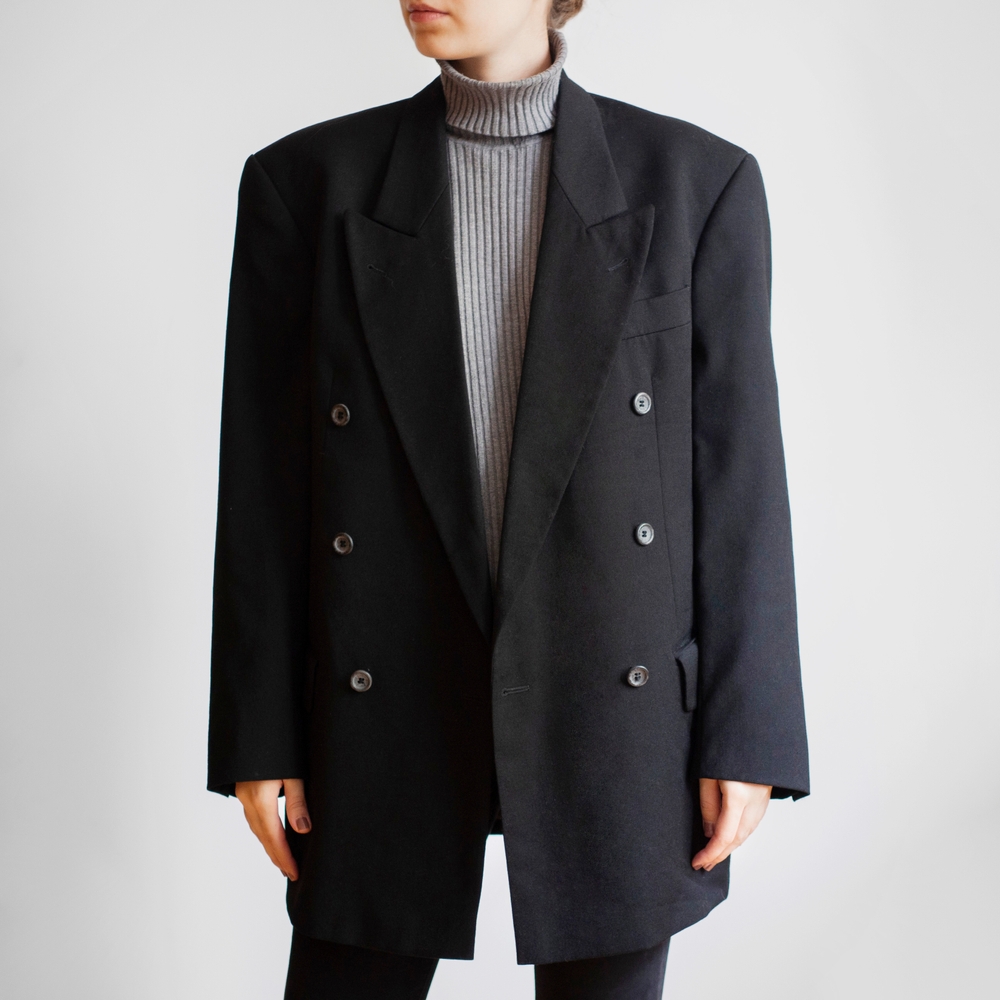Winter can be tough on your hair. As soon as the temperature drops, your hair really starts to feel it. From static to dryness and frizz, cold weather can turn your hair care routine upside down. But before you throw on a beanie and call it a season, let’s break down what’s really going on. Here are 15 reasons your hair goes haywire in the winter—and, more importantly, how to fix it fast so you can keep your hair looking its best, no matter how cold it gets.
1. Too Much Heat Styling Damages Your Hair
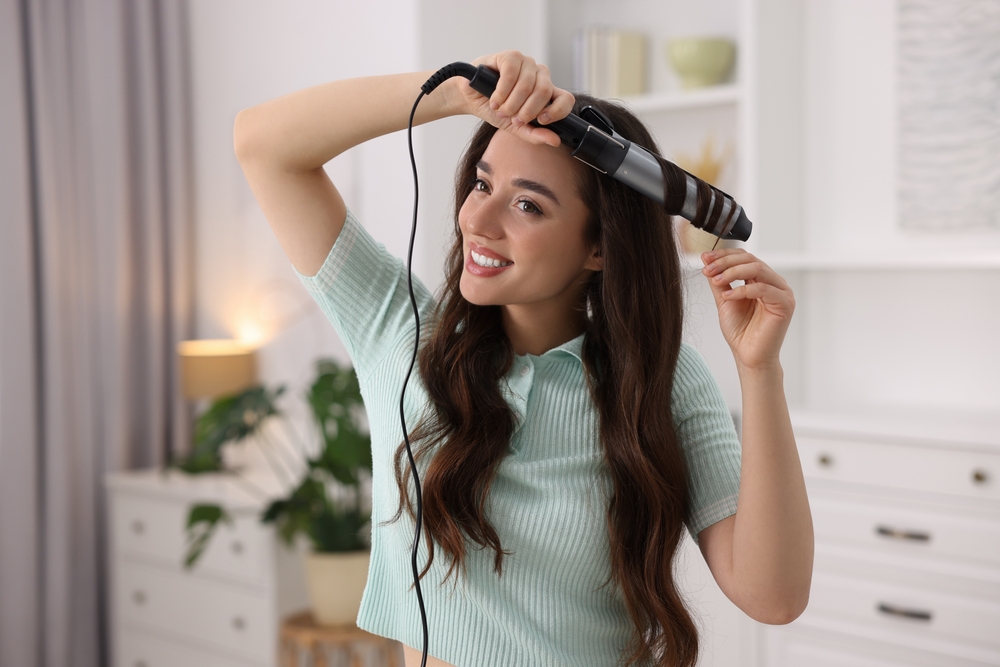
Heat styling tools like flat irons, curling wands, and blow dryers can weaken your hair and dry out your scalp, leading to dandruff, breakage, and hair loss. Use these tools sparingly, and always apply a heat protectant spray before styling to minimize damage.
2. Going to Bed with Wet Hair
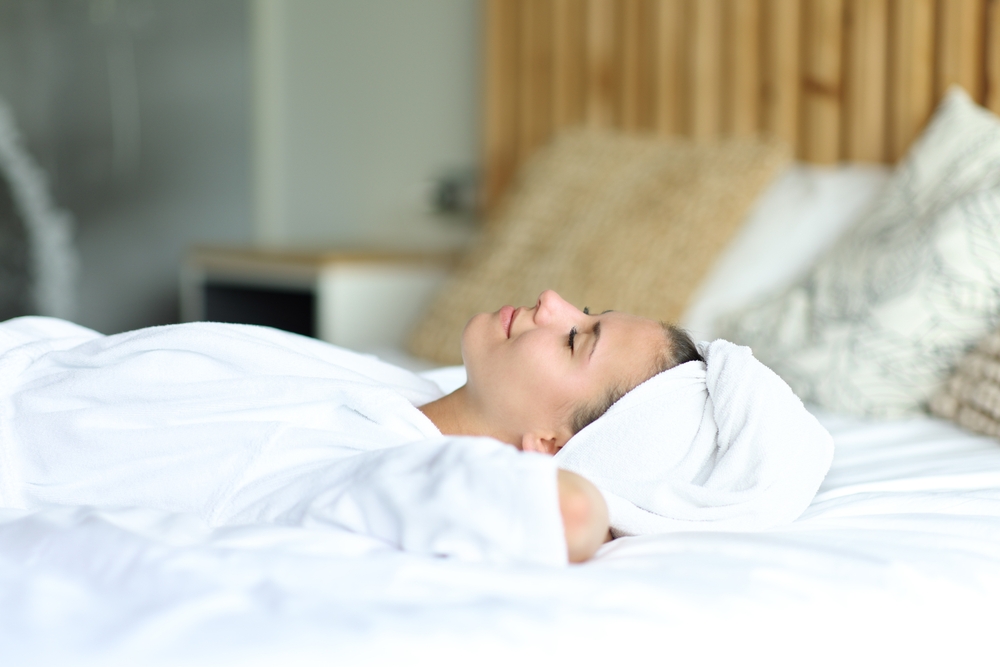
Sleeping with wet hair may seem harmless, but it can lead to breakage, hair loss, and an irritated scalp. The moisture between your hair and pillow creates the perfect environment for dandruff and even fungal infections. Make sure your hair is completely dry before hitting the pillow to avoid these issues.
3. Overwashing or Not Washing Enough
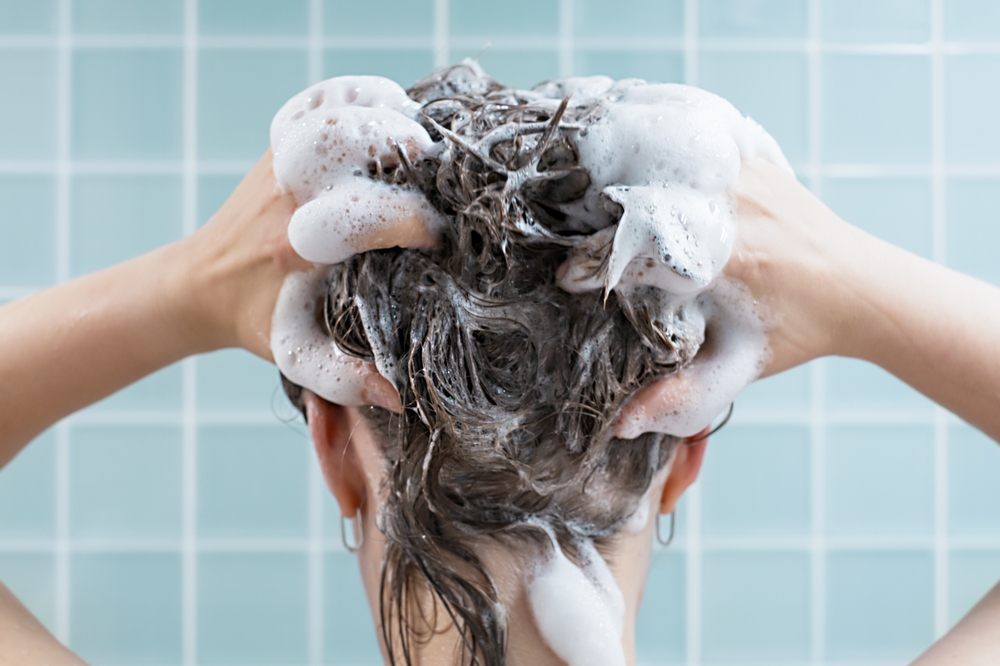
Overwashing strips your scalp of natural oils, leading to dryness and dandruff, while underwashing can cause oil buildup and similar issues. Aim to wash your hair every two to three days to keep your scalp clean without drying it out.
4. Skipping Regular Haircuts is Hurting Your Hair
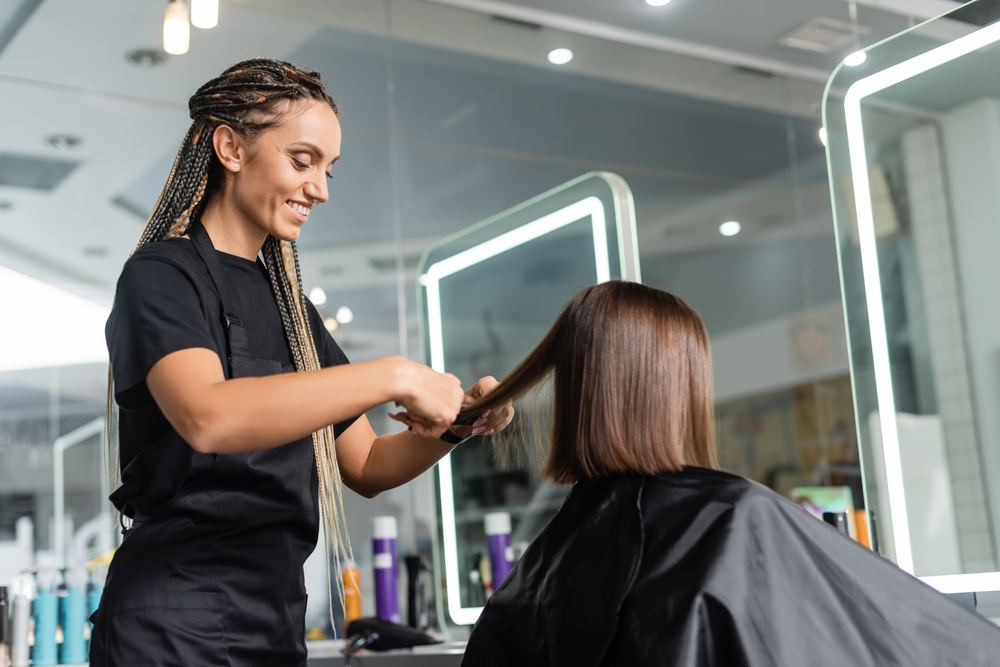
Skipping haircuts allows split ends to accumulate, leading to weaker hair prone to breakage. Regular trims not only keep your style looking fresh but also promote healthy hair growth and prevent dandruff caused by a neglected scalp.
5. Rough Towel Drying Wreaking Havoc On Your Scalp
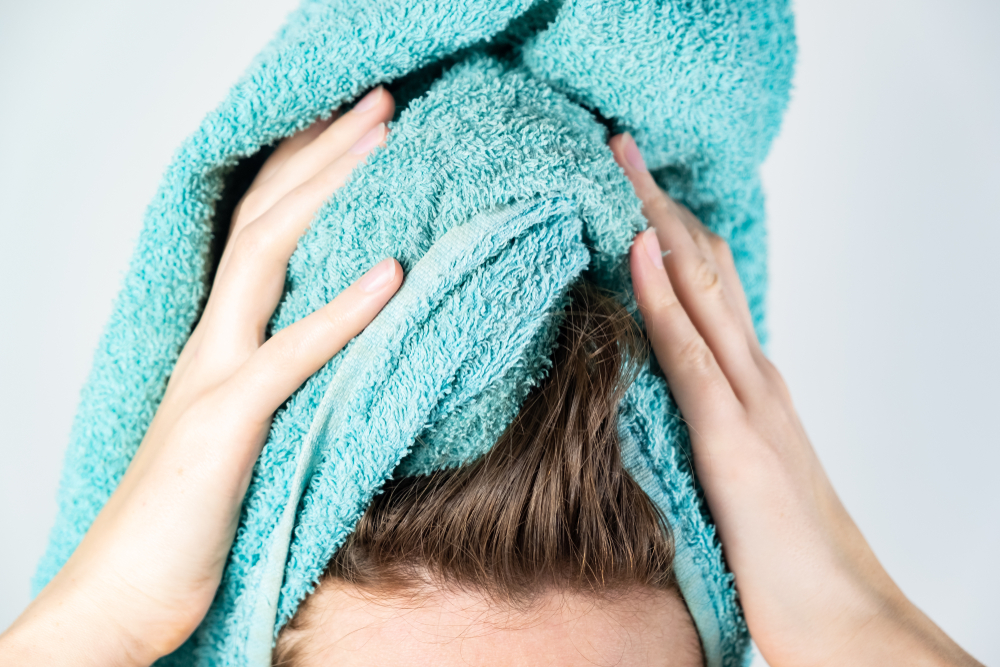
Rubbing your hair with a towel can damage your strands and irritate your scalp. This rough treatment leads to hair breakage and worsens dandruff. Instead, gently squeeze your hair with a towel to remove excess water and avoid damage.
6. Too Much Product Buildup

Using too many styling products can clog hair follicles, leading to dandruff and hair loss. Make sure to use products sparingly and deep clean your scalp regularly to remove product buildup and keep your hair healthy.
7. Stress and Poor Diet Are Major Contributors

Stress and an unhealthy diet can take a toll on your hair. Elevated cortisol levels from stress disrupt hair growth, leading to shedding and scalp issues like dandruff. Eating a balanced diet and managing stress with activities like exercise or meditation can help maintain healthy hair.
8. Skipping Conditioner Leaves Hair Vulnerable
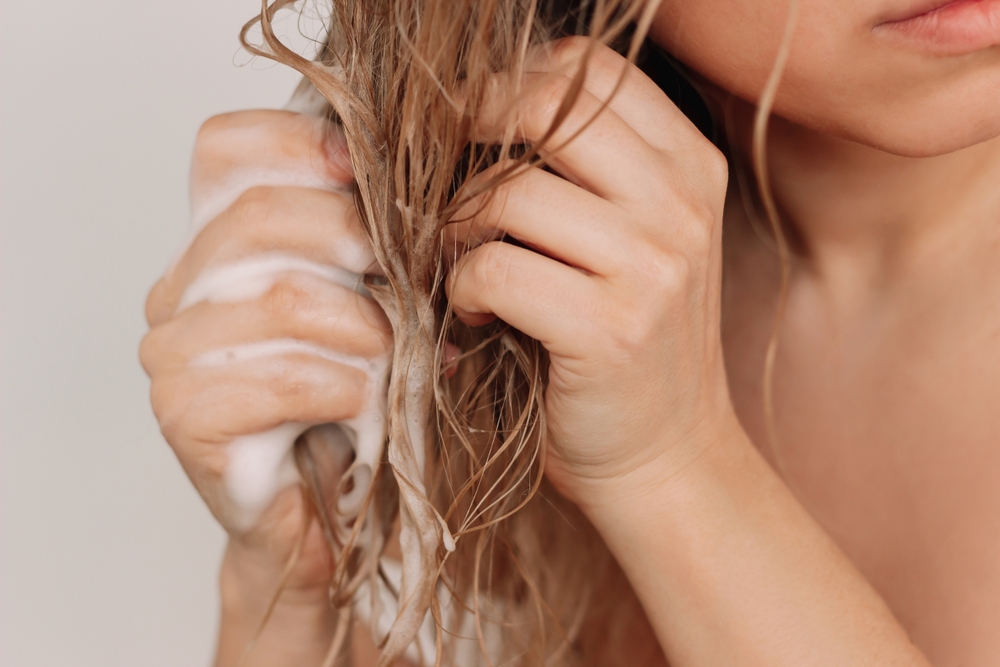
Conditioner is essential for hydrating your hair and protecting your scalp. Skipping it can leave hair dry and prone to breakage, while an undernourished scalp may develop dandruff. If you’re worried about greasy hair, choose a lightweight conditioner, but don’t leave this step out.
9. Tight Hairstyles Cause Scalp Stress
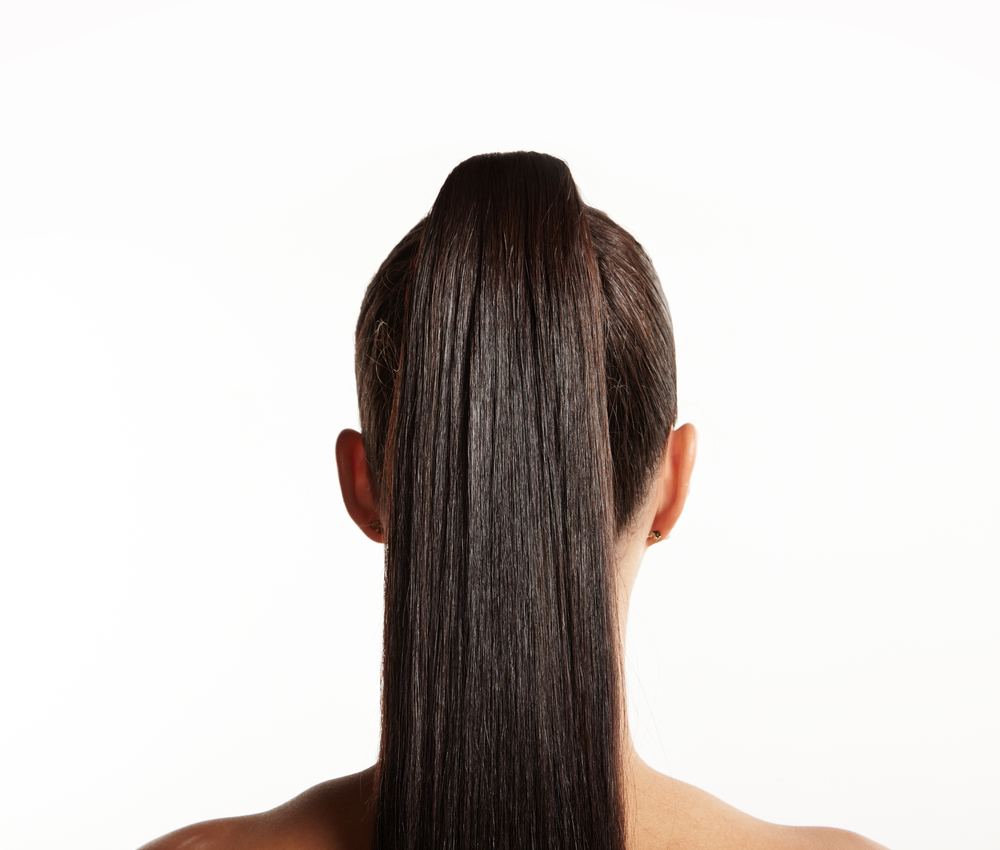
Ponytails, buns, and braids that are too tight can pull on your hair, causing breakage and even hair loss over time. These styles also irritate the scalp, leading to dandruff. Opt for looser hairstyles to give your scalp and strands a break.
10. Sun Damage Isn’t Just a Skin Concern

Sun exposure isn’t just harmful to your skin—it can damage your hair and scalp, too. UV rays dry out your scalp, causing dandruff and making hair brittle and prone to breakage. Wear a hat or use a leave-in conditioner with UV protection to guard your hair and scalp from the sun’s harmful effects.
11. Ignoring Your Scalp’s Health
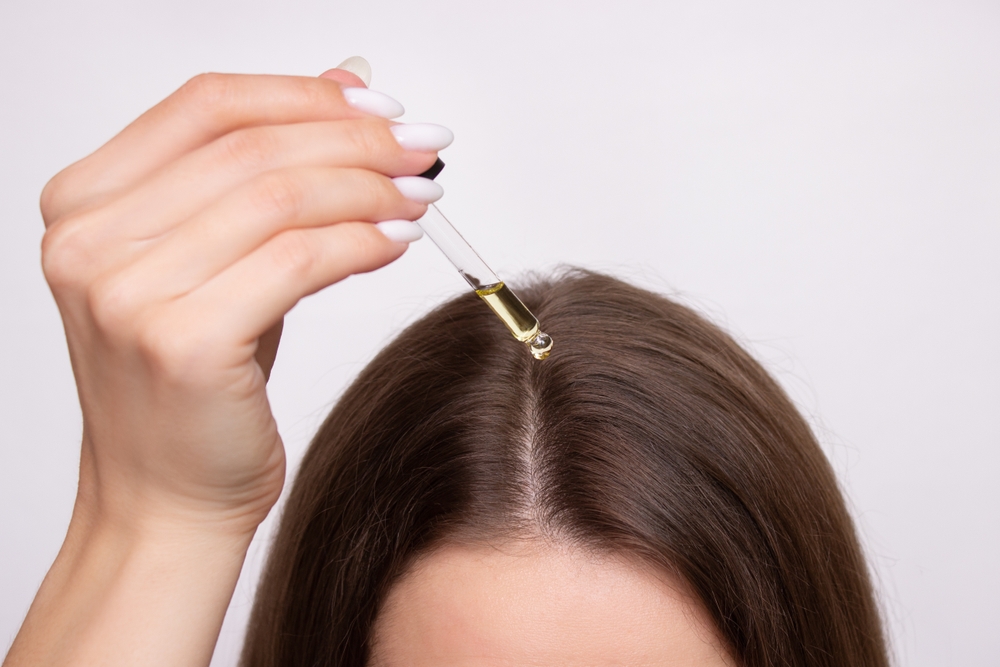
Healthy hair starts with a healthy scalp. Neglecting your scalp can lead to dandruff, dryness, and hair loss. Incorporate scalp treatments or oils into your routine and massage your scalp regularly to promote circulation and maintain balance.
12. Chemical Haircare Products Cause Trouble
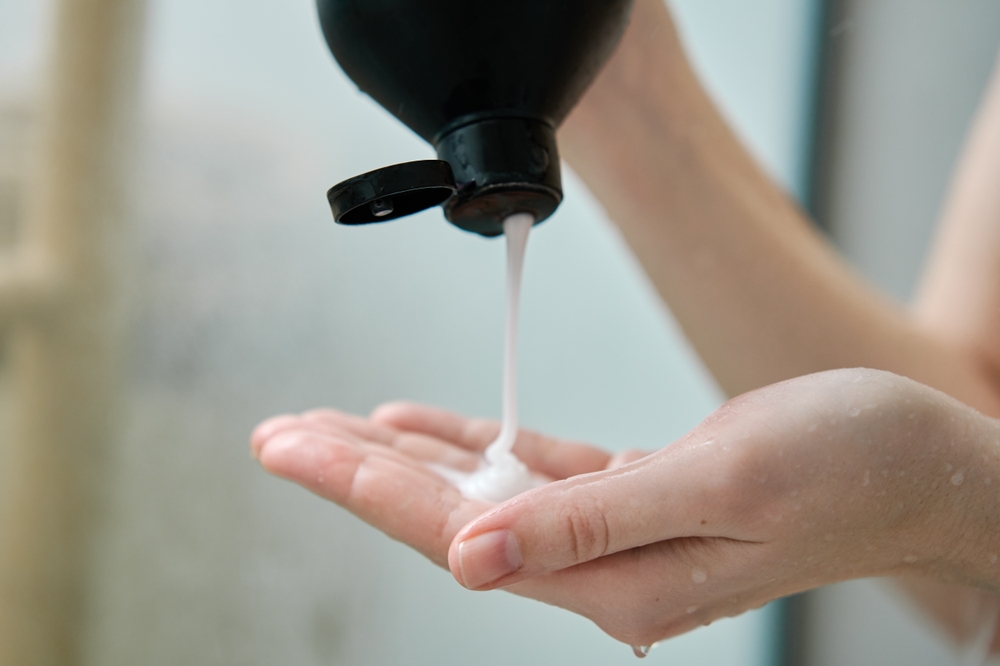
Shampoos and conditioners with harsh ingredients like sulfates, silicones, and synthetic fragrances can irritate your scalp, leading to dryness and dandruff. Opt for natural, sulfate-free products that gently nourish both your hair and scalp.
13. Excessive Dry Shampoo Use
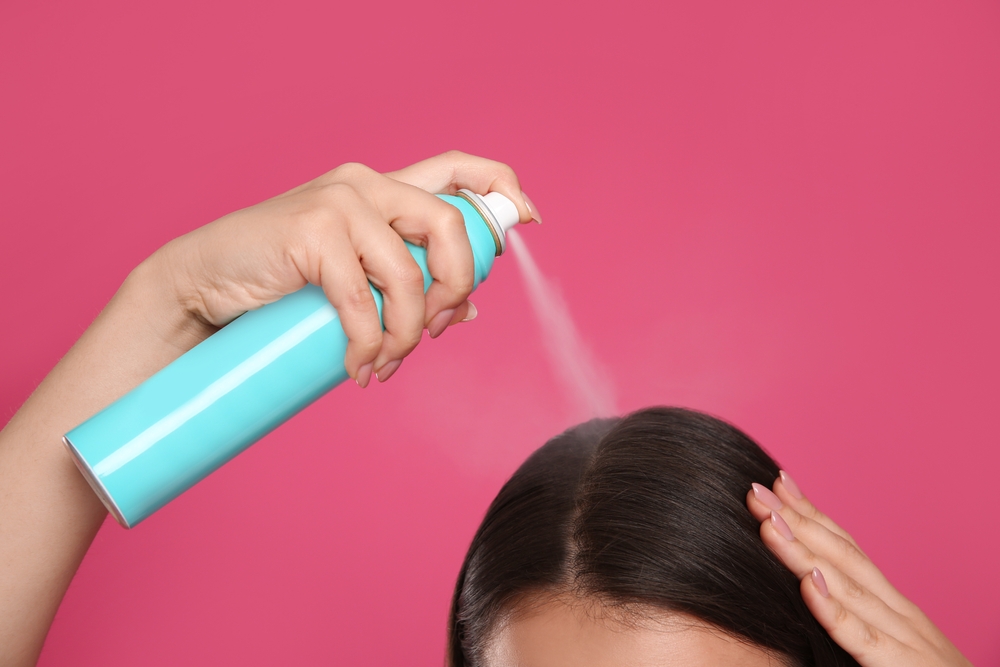
Dry shampoo is a lifesaver on busy days, but using it too frequently can lead to buildup on your scalp, clogging hair follicles and causing dandruff. While it’s great for in-between washes, remember that proper shampooing is still necessary to keep your scalp clean.
14. Hot Water Isn’t Helping Your Hair
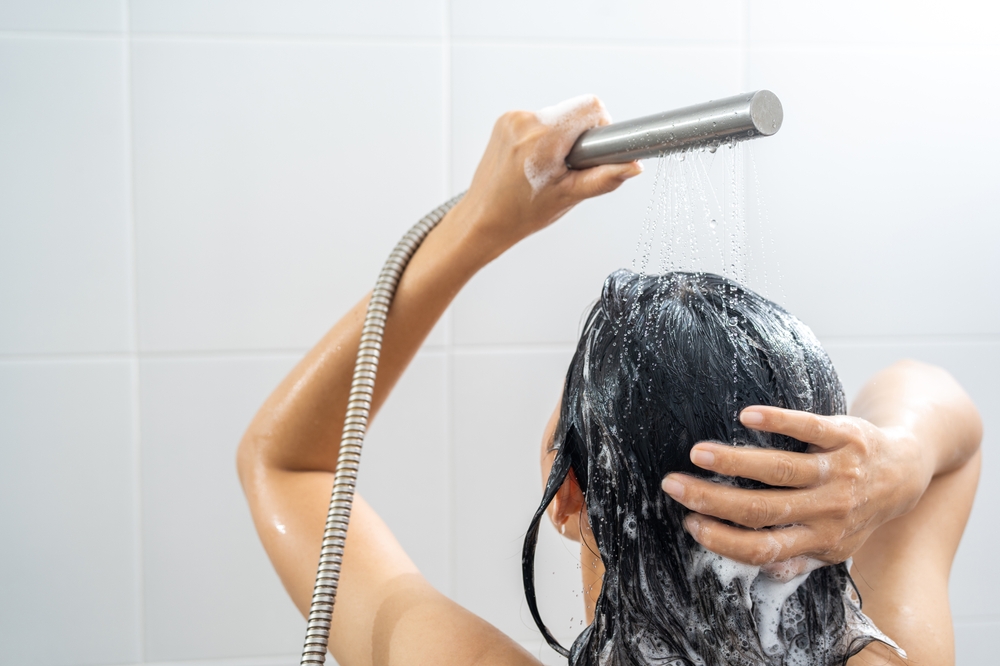
Washing your hair with hot water can strip your scalp of natural oils, leaving it dry and prone to dandruff. Instead, wash with lukewarm water and finish with a cold rinse to lock in moisture and give your hair added shine.
15. Brushing Wet Hair Weakens It
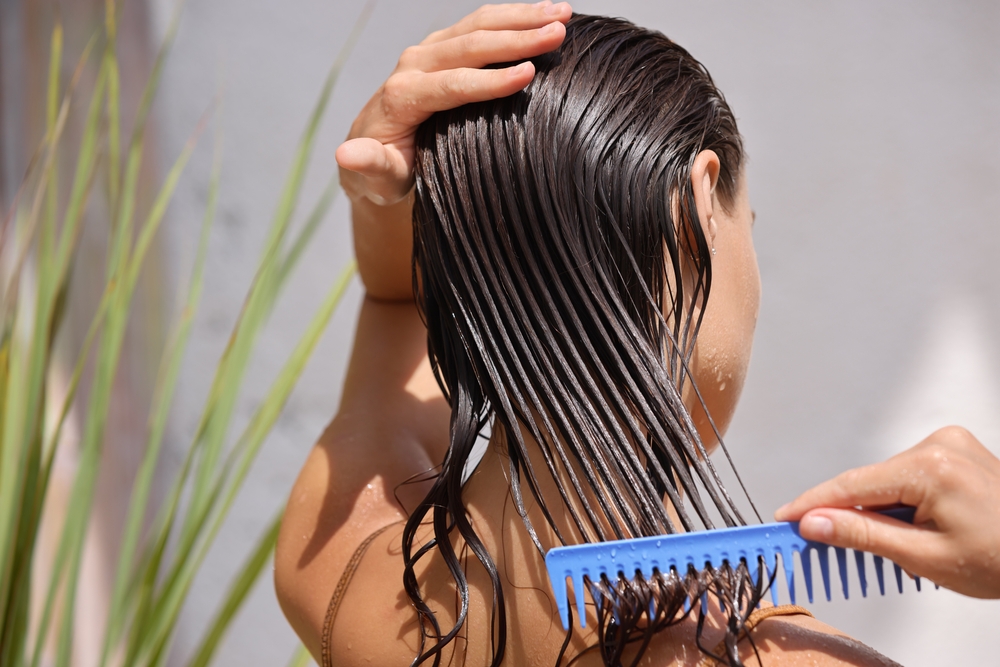
Wet hair is fragile and more susceptible to breakage, so brushing it immediately after a shower can lead to damage. Use a wide-tooth comb or a brush designed for wet hair to gently detangle without pulling or breaking your strands.

